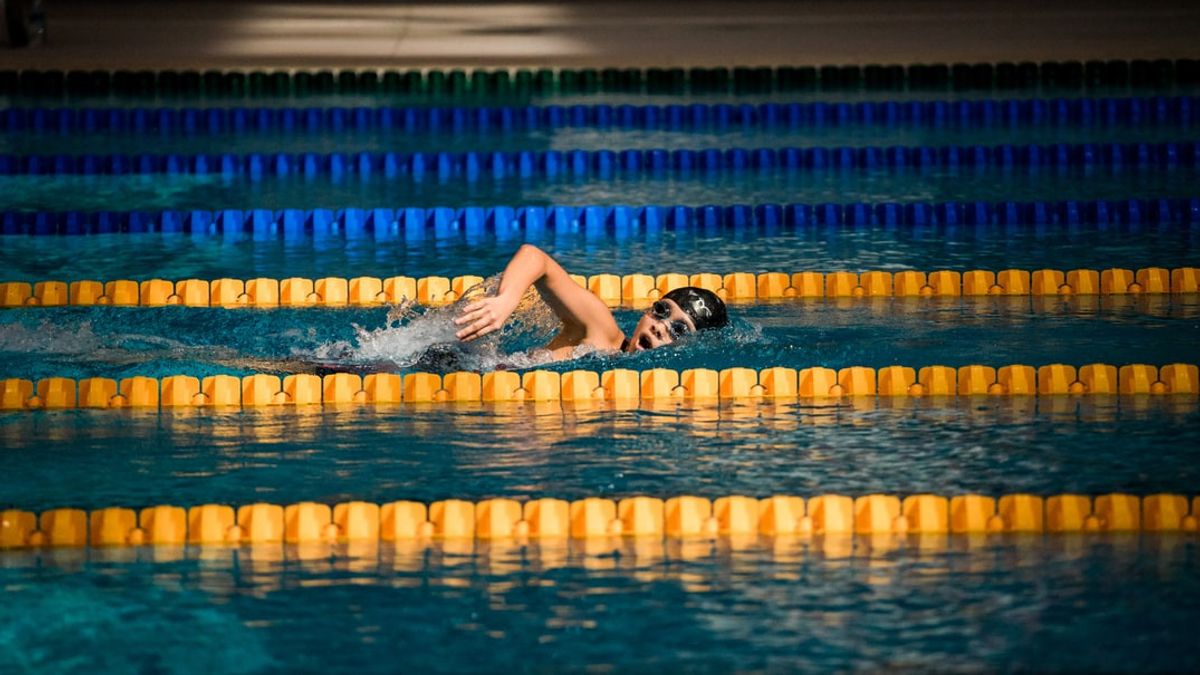JAKARTA - Swimming caps designed for natural Black hair, made and made by a Black-owned company, will not be allowed at the upcoming Olympics in Tokyo.
The International Swimming Federation (FINA) rejected an application submitted last year by British swim cap brand Soul Cap for its products to be officially recognized. The decision means the hat cannot be worn at the 2020 Olympics in Tokyo.
Soul Cap makes a swim cap designed to protect thick, curly, and voluminous hair. FINA argued that the hat did not follow the "natural shape of the head," a Soul Cap source told BBC News.
"We hope to continue our work for diversity in swimming by having our swimming caps certified for competition. So swimmers at any level don't have to choose between the sport they love and their hair," wrote co-founders Toks Ahmed and Michael Champman, in a statement shared on social media.
The company recently partnered with Alice Dearing, who last week qualified to become the first black female swimmer to represent Great Britain at the Olympics. FINA even celebrated its historic achievement at that time.
Dearing, who co-founded the British Black Swimming Association, has been trying to raise awareness for years. "While chlorine damages and dries everyone's hair, it's arguably more difficult for black women - hair can be deeply tied to our identity and water really changes its quality," she wrote in an essay in 2019.
Soul Cap has always been looking for ways to improve their swim cap. “They made a measure for all swimmers and dispelled the myth that swimming equipment cannot be included,” Dearing wrote in a post sponsored for the company on his Instagram.
"You CAN find a hat to match your braids, curly hair, curly hair; it's nice to be able to say that," she wrote.
The decision doesn't just affect Olympic athletes — swimmers of all ages will also be barred from wearing hats at local competitions, potentially discouraging swimmers with natural hair from competing.
It also represents a much bigger problem: A long history of prejudice in the swimming community, including the history of segregated swimming in the US and the unfounded belief that blacks are biologically less capable of swimming.
"For young swimmers, feeling included and seeing yourself in the sport at a young age is very important," write Ahmed and Chapman. "FINA's recent rejection may discourage many young athletes from pursuing the sport as they progress through local, district and national competitive swimming."
FINA's constitution states it "will not allow discrimination against national federations or individuals" for several reasons, including race.
"There's only so much grassroots and small brands can do - we need the top to embrace positive change," wrote the Soul Cap founders. "We don't see this as a setback, but an opportunity to open up dialogue to make a bigger difference."
The English, Chinese, Japanese, Arabic, and French versions are automatically generated by the AI. So there may still be inaccuracies in translating, please always see Indonesian as our main language. (system supported by DigitalSiber.id)













